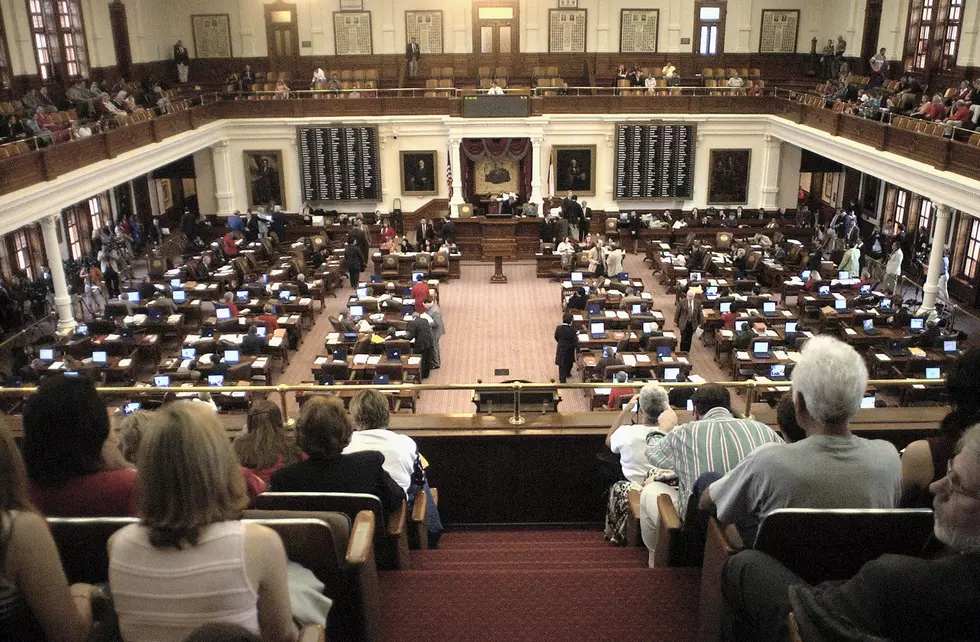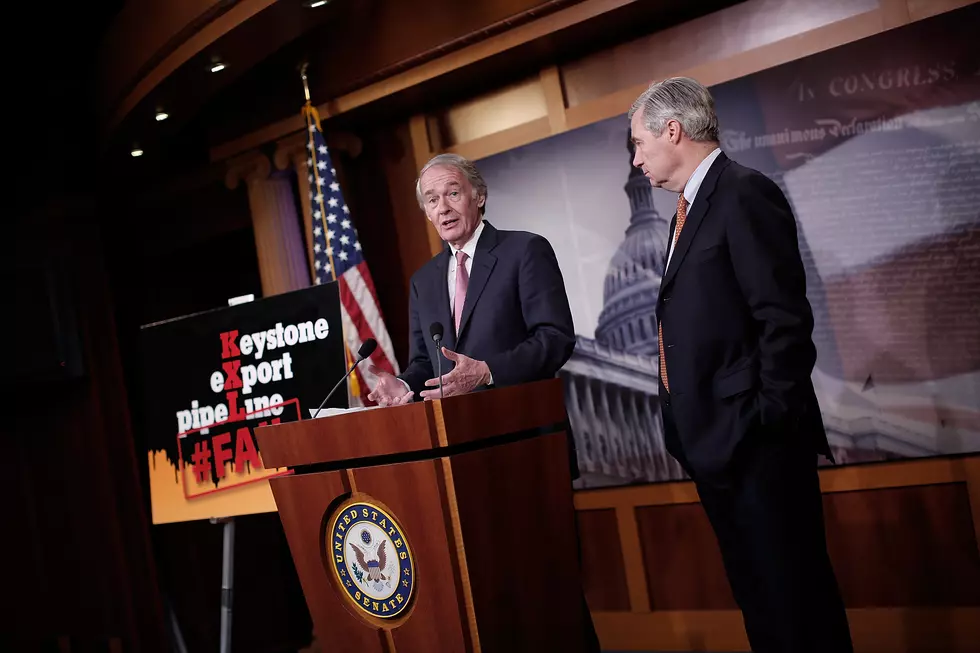
Legislative Panel Advances Sexual Harassment Policy
HELENA, Mont. (AP) — A Montana legislative panel on Monday advanced a policy prohibiting lawmakers from harassing or discriminating against each other and others participating in the legislative process.
The policy initially approved on a subcommittee's 4-0 vote calls for mandatory training, encourages prompt reporting, sets a process for investigating complaints and would make information about substantiated complaints available to the public.
It allows for an outside investigator, if necessary, and if an investigation turns up any suspected criminal activity, it must be immediately be reported to law enforcement.
The full Legislative Council will consider the policy on Aug. 23.
The Legislative Council began re-working the policy in December after accusations of sexual misconduct led to the downfall of other lawmakers across the country.
Two Republican leaders — Senate President Scott Sales of Bozeman and House Speaker Austin Knudsen of Culbertson — initially suggested a new policy was unnecessary, noting legislative staff said there hadn't been any recent complaints.
"I think we have a great track record if we don't have any official complaints," Sales said in January. "With the heightened visibility that the subject has, going forward I think there's going to be less of this in the future. I think this is going to solve itself."
Knudsen said he felt the only change needed was one to ensure complaints could be heard in private legislative meetings.
"Right now, if you are a sitting legislator and are behaving in an inappropriate manner ... with what we've seen around the country, you are not going to be in the Legislature very long," Knudsen said.
However, Democratic Rep. Jenny Eck of Helena said female lawmakers have a different perspective about the culture in the Legislature.
"I'm very pleased with how far we've come considering where we started," Eck said Monday after the draft was approved.
The proposed policy would apply to lawmakers at the capitol, in communications related to their work as legislators and at legislative sponsored events. It defines harassment as verbal or physical conduct that creates an intimidating, hostile or offensive work environment.
It defines sexual harassment as unwelcome advances, requesting sexual favors, jokes or innuendo that interfere with a person's work performance. The policy prohibits retaliation for making a complaint.
A Legislative Conduct Panel will hear the complaints and decide if they have no merit; if they have merit and a resolution may be made without further investigation, or whether a third-party investigation is necessary.
The panel will recommend punishment, ranging from training or counseling to removal from a committee assignment, censure or expulsion from the Legislature.
Investigations will remain confidential until a final decision is made, after which the corrective action taken will be available to the public.
More From KMMS-KPRK 1450 AM









